Thousands of students flood to Kansas State’s campus from smaller rural hometowns with no expectation to return. Larger, competitive cities brimming with opportunity pull many graduates away.
“Rural youth outmigration could be an existential threat for some communities,” Landon Ochsner, graduate in natural resource and environmental science, said. “Outmigration of college-educated young people leads to the town having an older population and a lack of young people to fill roles once older adults age out of the workforce. This could significantly impact the socioeconomic future of these communities.”
A study by the National Bureau of Economic Research assessed college-specific labor markets for graduates. Among the 50 states, Kansas ranked fifth-worst in overall retention of college graduates. In metro areas, 50% of graduates stay, but the state loses 47.2% more college graduates than it gains. This trend is attributed to the lack of job opportunities in numerous smaller towns, leading to outmigration.
“The opportunities in urban areas far outweigh the opportunities in rural areas,” Dalyn Schwarz, junior in biomedical engineering, said. “That may be in terms of pay, opportunity or simply the idea of moving away from home and experiencing the world. As a biomedical engineer, the jobs offered in my hometown are very limited, whereas an area such as Kansas City has multiple companies centered there, each with multiple job openings and a lot more potential to grow. That is why I think many engineering students favor larger cities as opposed to their rural hometowns.”
“My goal is to find an engineering position in the Kansas City area,” Allison Kirby, junior in industrial and manufacturing systems, said. “Though I appreciate my hometown, I am not looking to move back for a few reasons. There are no industrial engineering opportunities in my rural area, and I am more interested in living in a large town with greater access to resources. I believe the benefit of living in a city or suburb is stronger for me due to greater access to high-quality groceries, access to technology services and the importance of diversity.”
Students looking for opportunities in bigger cities affect companies looking for hires in smaller towns.
“I am seeing students from rural Kansas attending college and, upon graduation, moving to larger cities like Kansas City, Wichita, Topeka, etc., where opportunities are more plentiful, and compensation is better,” David Vermetten, Kaw Valley Engineering project manager, said. “I have subsequently shut down my own structural engineering firm [VMT Engineering PA] and took a position with Kaw Valley Engineering out of Junction City, Kansas. My two employees moved on to bigger and better opportunities outside the Manhattan area. Finding structural engineering graduates or engineers for that matter that want to put down roots in and around the Manhattan area is difficult at best.”
A student-led natural resources and environmental sciences group of K-State undergraduates is researching the causes of this issue. Sarah Jackson, teaching assistant professor in the Department of Horticulture and Natural Resources, leads this effort.
“Overall, I am serving as a supporter for this team and helping guide them through a meaningful endeavor that was uniquely designed through proactive, engaging discussions, facilitated by their own passions,” Jackson said.
Looking at outmigration numbers and analyzing trends allows the students to evaluate information.
“The research project evaluates the social, economic and environmental factors that may contribute to people’s decision to leave their small towns after college,” Ochsner said. “It is done in completion of our natural resources and environmental science secondary major, but I think we all have some experience with friends or family making the decision to leave their communities after they graduate. We landed on this topic because we realized the existential threat that this phenomenon creates for so many small towns across Kansas.”
Building on the knowledge communities and graduates have about this issue can affect future decisions.
“I do know that there are federal programs that encourage educators and healthcare professionals to work in rural communities, and some small towns offer housing or cash incentives for college educated people to live and work there,” Ochsner said.

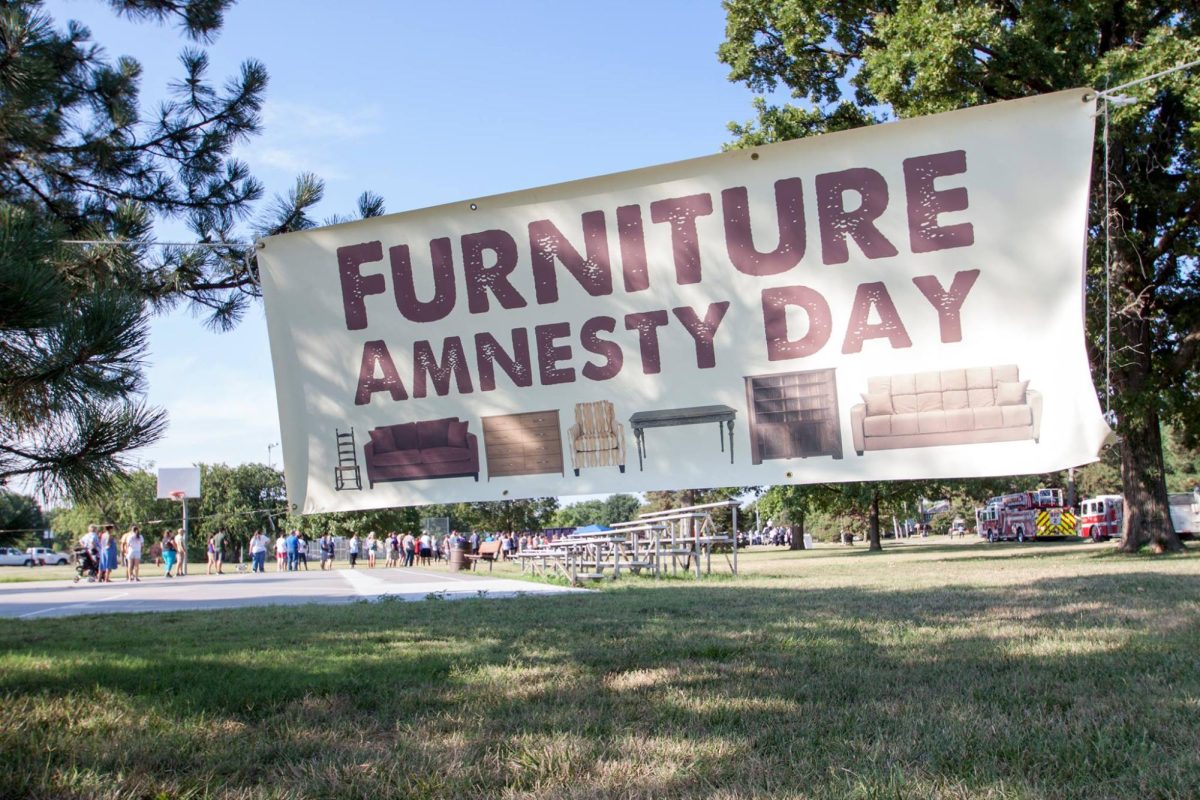
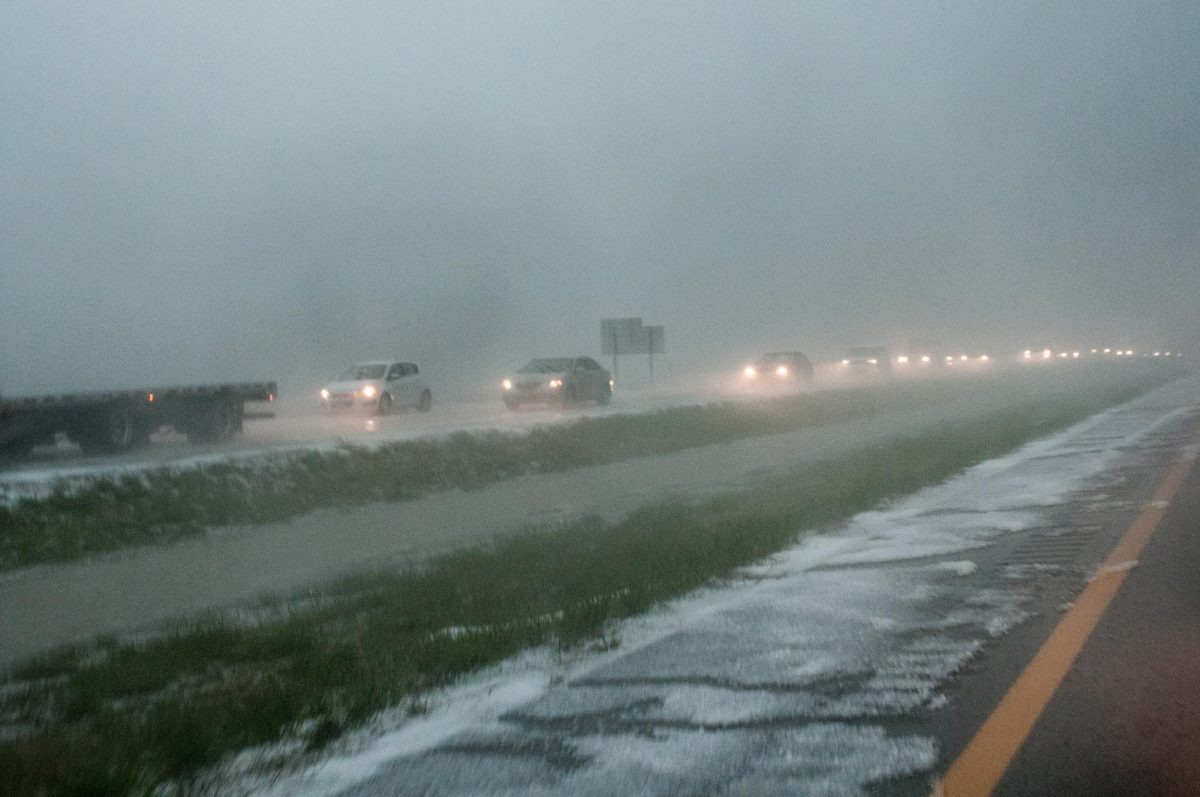











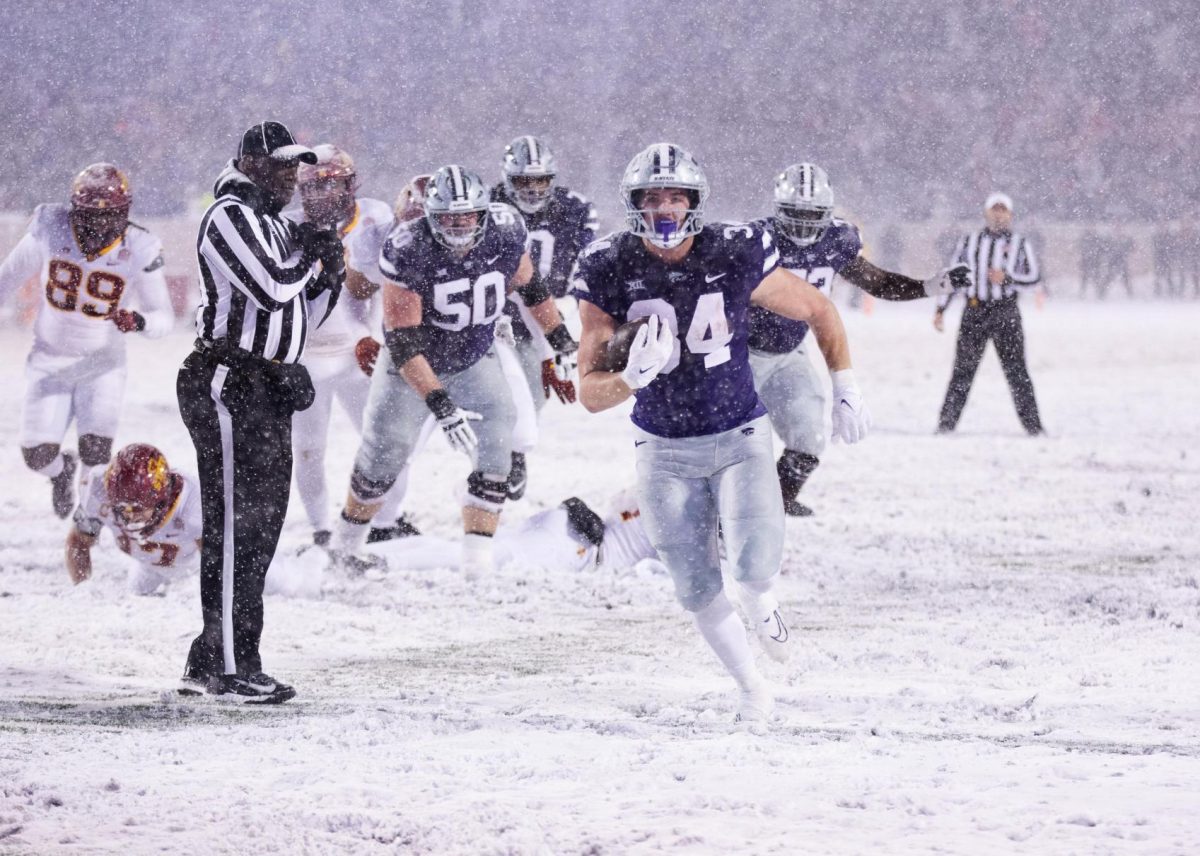



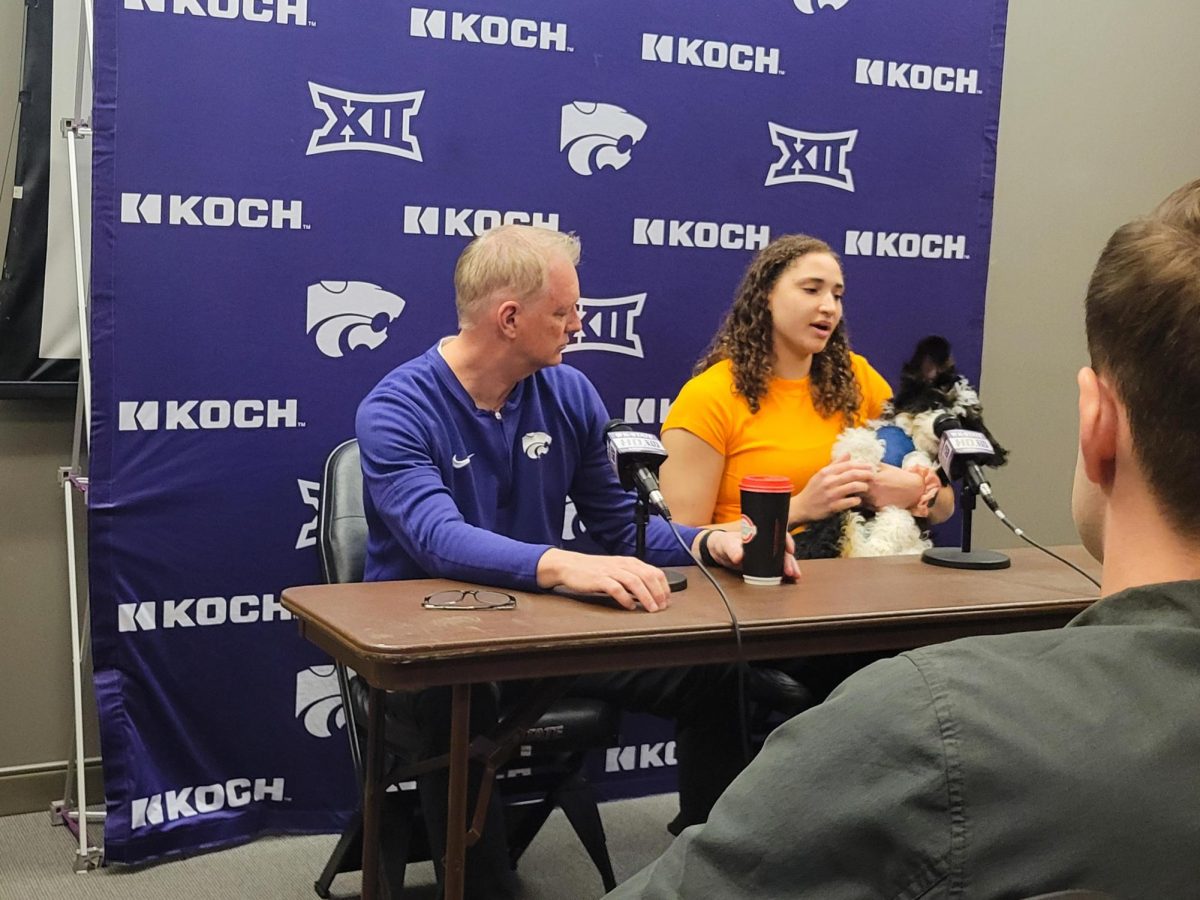














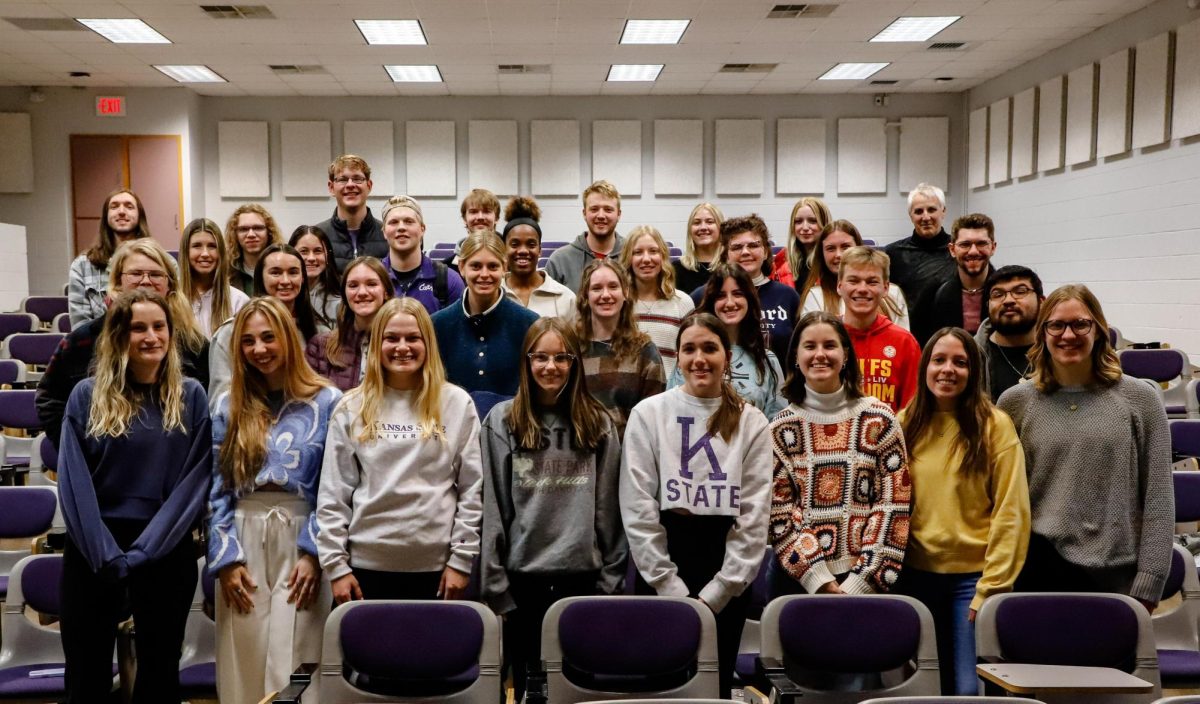










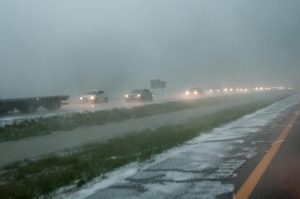

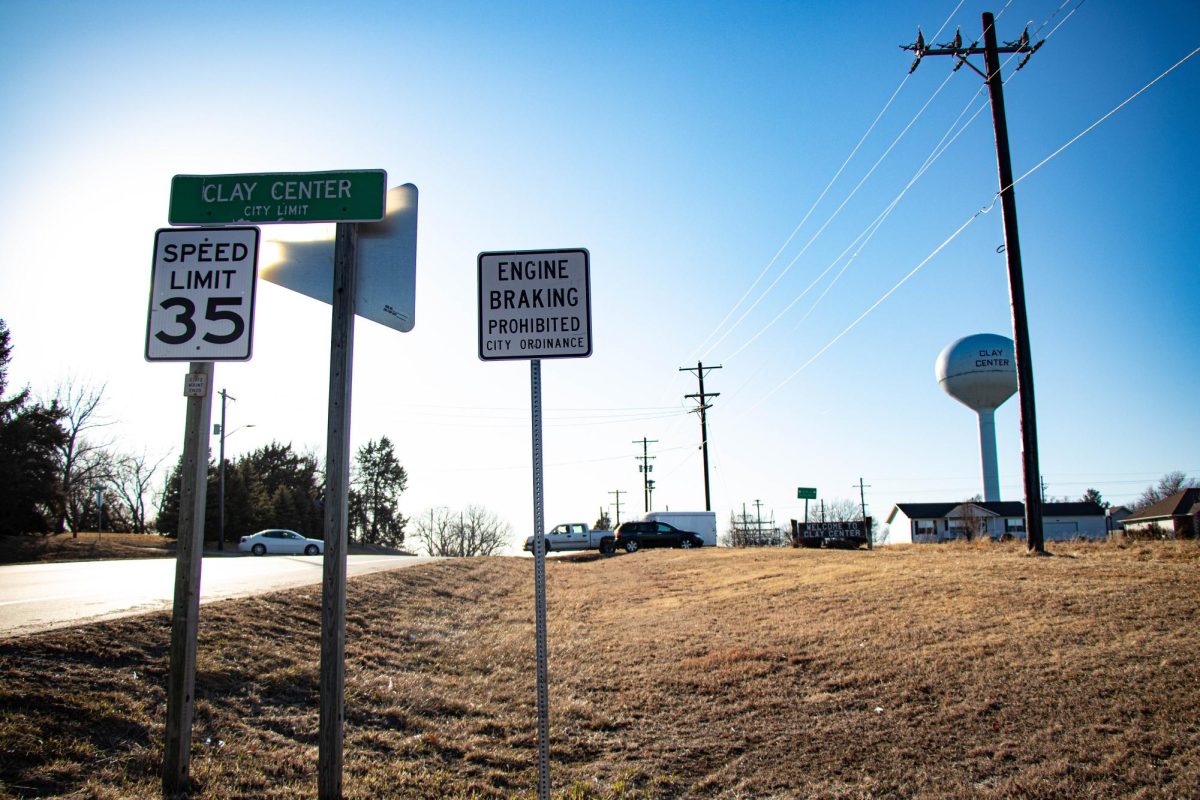
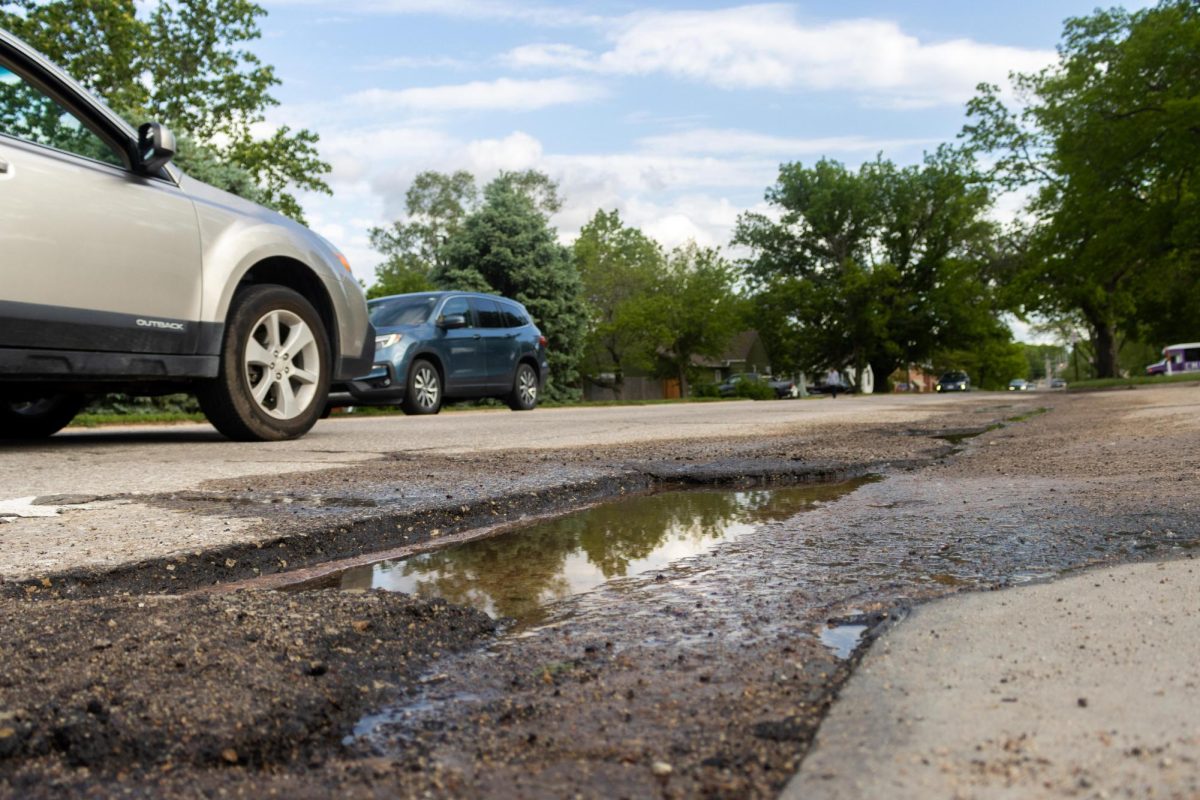

Eric • Apr 21, 2024 at 11:53 am
It’s not such there aren’t jobs in and around smaller tow s it’s those jobs that there are don’t pay. Who wants to struggle for 15 bucks an hour in a small town when you can get 45 or much more an hour for your training and college somewhere else? If your smart you won’t go back to the small town. The writing is on the wall.
A Mom • Apr 21, 2024 at 8:59 am
Some try to come back to serve the community, but they are denied the opportunity by self serving individuals who have grips on the powers of the community.. causing them to lose opportunities in the community and it’s systems.
Alison heisler • Apr 20, 2024 at 1:47 pm
This is what happened right before stock market crash. But now the market won’t crash because there are safeguards. What will happen instead? More homeless in big cities because people can’t afford housing in big cities. And rich get richer. What can be done?
Laurie • Apr 20, 2024 at 9:16 am
Growing up in a small town in northwestern Kansas this is very true. Our schools have combined multiple communities and districts have closed or joined. What children are still growing up here can expect long bus rides. There is now thirty minutes or more between hospitals. The town’s that have a one or two blocks of downtown still close at five o’clock. I moved to Wichita to go to college and to for my career. After starting a family my husband and I chose to raise our children in a rural community. As adults now my children are free to choose their own path. One moved away is a substitute teacher and mother of four. She settled for a small town in the middle of everything. One became a welder and has chosen northwestern Kansas to raise his family in a city with resources. The third is a wanderer but bought a home in a very rural community where he was raised. He is very educated yet has not settled down. He still wants to see the world. I gave them the same opportunity and they each chose their own lease on life. That beautiful place I chose to raise my children has died over the last 25 years.We lost our community building, our library, our post-office, our church, our businesses, our youth, our water quality, and now one by one our elderly. Rural areas are dying as our children move away.
Belinda • Apr 20, 2024 at 9:12 am
It’s always been that way. Kids leave home for college and once they graduate, or even if they don’t, they have to go where the jobs are.
Robin • Apr 19, 2024 at 11:14 pm
I agree. I live in Sylvan Grove KS. Once the HS seniors graduate and go off to college, they have to make tough decisions! Move to a larger city and get a job that you just spent 4 years in college preparing for or go home to your small town where there are possibly, no jobs available in your field. It is a really tough call either way! Unfortunately, no one can wait 5-10 years for the small towns to grow…
Theresa Osredker • Apr 19, 2024 at 9:58 pm
Some of these graduates will return to their hometowns when they are ready to have families, especially if their work can be done remotely. We are already seeing that. In the meantime, living in Kansas City or Wichita is not like moving to Palo Alto or New York. People can more easily get to their hometown for a weekend trip. They can keep an eye for changes in aging relatives, keep the tie to their hometown, and have the best of both worlds.
Jay • Apr 19, 2024 at 9:53 pm
. . . affects of big ag and farm consolidation underlay “brain drain” in rural places, a mass exodus of young people away from their families and social roots. Public policy does not address exploitive trends on the rural landscape and their ruinous consequences.
Small towns are the best places to raise up youngsters, to be part of wholesome interdependent relationships and socially supportive neighborhood environments.
Frederick L. Peterson • Apr 19, 2024 at 7:56 pm
So what can be done to slow out migration. We need solutions, NOT more studies.
Brenda Van Meter • Apr 19, 2024 at 7:55 pm
Smaller communities that still have schools could use financial help in upgrading their towns. Small towns need easily obtainable grants to clear darrell looked housing and make way for new housing to be moved in or built in their community. People are moving out of the larger cities and they are moving into smaller towns. Plus when teachers for the school come to a small community they want to see a nice town and nice housing available for them to live there. It would definitely bring a higher quality of people into our small rule communities which we desperately need.